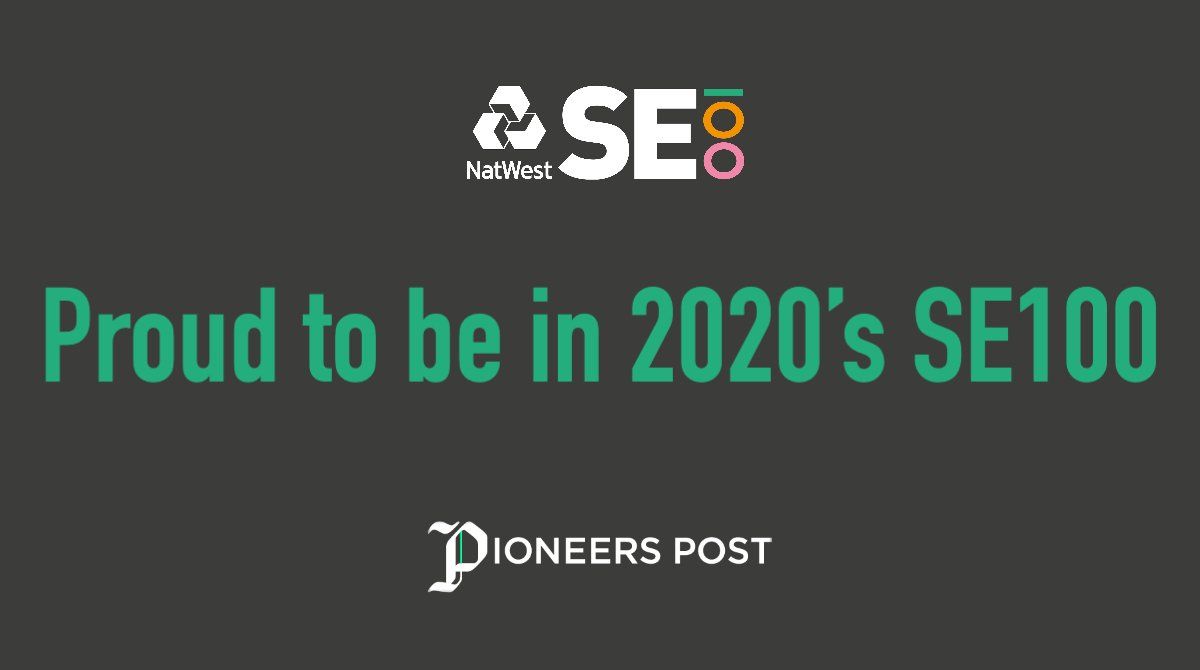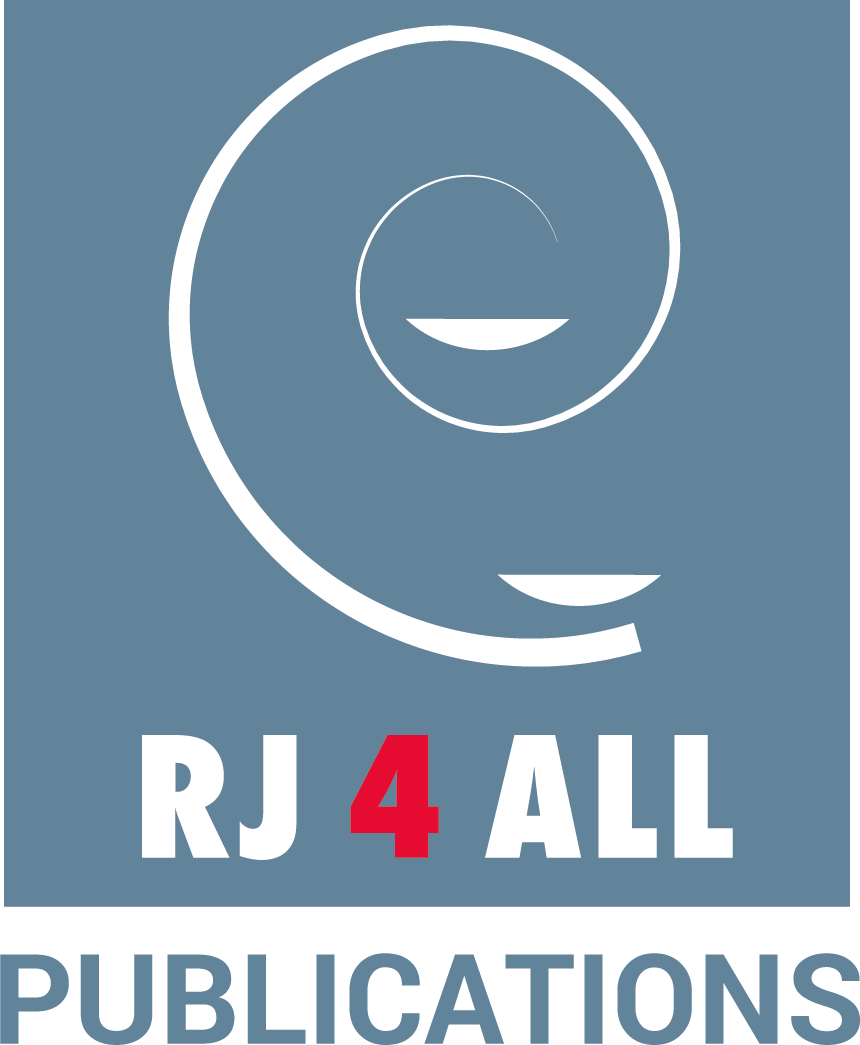About us
Our Mission & Values
What we do in 2 minutes
The problem & our focus
Public trust in governments and their institutions has been declining globally. This is because public services do not exist in a vacuum. They are developed and function within the societies that they are meant to serve. If they are structured within disempowering governments and democracies, then their users’ experience will be one of disappointment.
This decline in public trust is linked with our perceptions and experiences of equality (or inequality). And we do not need scientific evidence to conclude that systems (e.g. justice, education, health) have flaws. We have been experiencing these flaws for many decades through their performance, overt or hidden biases, spiralling costs and the feeling of safety and justice that they are meant to generate for everyone independently of their background.
Despite the latest economic downturn, the powerful became more powerful, and the powerless increased in numbers. For example, the 2017 Global Wealth Report
showed that the wealth of the richest increased from 42.5% at the height of the 2008 financial crisis to 50.1% in 2017. On the other hand, the poor became poorer, with the world’s 3.5 billion poorest adults having assets of less than $10,000. Collectively these people, who account for 70% of the world’s working age population, own just 2.7% of global wealth. Shockingly, the globe’s richest 1% owns over 50% of world’s wealth .
Concurrently with the decline in public trust and justice performance globally, there has been a rise of community voice and action. In a globalised world where the internet, social media and borderless continents define how we send and receive information, the notion of community had to redefine itself. It is no longer a place – it is a sense of belonging.
But alas, the modern notion of community often lacks the resources and the voice to challenge the powerful and the status quo. This is particularly true for marginalised groups and those who tend to be discriminated again due to their age, race, gender, belief, socio-economic background, disability or sexual orientation.
Restorative Justice for All was created to respond to this challenge as well as the fears, anxieties and bad experiences of communities and the powerless of our structured and top down offered justice and educational options. Our focus is empowering those who want to have a voice and want to pursue a better future for themselves and their peers. To this end, we redistribute power to achieve social justice.
Redistributing Power - Achieving social justice
We believe that we can build a better world by working locally, nationally and internationally through the redistribution of power. We do this by using the values and practices of restorative justice including: power sharing, fairness, equality, dignity and respect.
The means that we use are structured through educational and social action programmes, and focus on achieving social justice for all.
Community voice has been getting louder and now, the powerful have no other option, but to listen. RJ4All acts as a conduit and a mediator between the powerful (such as governments, decision makers, regional and international fora) and communities by providing voice, representation and bottom up communication routes that make sense to our target groups. Our founding value of dialogue directs us that our negotiations are carried out in the spirit of brotherhood/ sisterhood and peace.
We strongly believe that social justice cannot be achieved through laws and structured systems alone. The UNDP, UNICEF and UN Women all agree with us as they estimated that in the majority of UN member states, 70% of all disputes are dealt with through informal justice. Indeed, the notion of community now dares to claim ownership, or at least demands joint custody, of justice and criminal justice.
It is within this transitional global and political framework that RJ4All exists, aiming to create a global peace movement for social change.
Our charitable purpose
Although RJ4All is not registered with the Charity Commission, as a 100% non-profit community interest company, we carry out charitable activities as these are defined by The Charities Act 2011. These activities fall within 13 descriptions of purposes and are for the public benefit.
We have an asset lock and we are independent, impartial and non-party political. We consider all views and do not support any parties, extreme ideologies, one religion or any idea that is not in line with our founding values.
About RJ4All
Restorative Justice for All (RJ4All) is a charitable, user-led international institute with a vision of a world that embraces the restorative justice values of power sharing, fairness, equality, dignity and respect, and where power abuse is rooted out. We pursue our vision by
using the power of dialogue, education, sports and art, as well as the practices of restorative justice .
RJ4All has a mission
to address poverty and advance equality, community cohesion and human rights. We pursue our mission by
delivering social justice and poverty relief projects, free skills-development and educational programmes, youth clubs, intercultural and awareness raising workshops, internships and high quality volunteering opportunities. As part of our mission, we set off on a journey to build in London the world's first restorative justice post-code,
creating an evidence-based case study for others to follow.
RJ4All is also the manager of the RJ4All Rotherhithe Community Centre,
which has become a hub of community empowerment. Our Centre offers a holistic approach to addressing poverty and community tensions through a series of free services such as a food-bank,
a community fridge,
sport classes, digital drop-ins and employability workshops, trainings, a community library,
youth clubs, a wam hub programme and educational workshops to children, young people and professionals. It is also a safe place for anyone who wants to pop in for a coffee, use our facilities or just chat with our interns, volunteers and team.
RJ4All has three additional arms: RJ4All Publications
(publishing arm), RJ4All Sports
(fitness arm) and RJ4All ecourses
(training arm).
We achieve our charitable aims by:
- Carrying out educational projects and information campaigns in the interest of children and young people, communities, victims and marginalised groups.
- Providing certified and accredited e-courses and training programmes to professionals and young people.
- Providing internships and high quality volunteering opportunities to young people, marginalised groups and those at risk of being affected by crime.
- Providing sports, art and cultural workshops to children, young people and their families
- Bringing harmed parties together through restorative justice to negotiate solutions and restore the harm that they experienced.
- Increasing public awareness of restorative justice, human rights and inter-cultural dialogue.
- Carrying out evaluations and research on restorative justice, social justice and equality programmes.
- Building bridges between communities and the powerful.
- Acting as a learning network between practitioners, researchers, policy makers and users of the justice system
- Increasing knowledge and pushing the boundaries of restorative justice especially in contested areas of practice.
- Making restorative justice more accessible to young people, junior researchers, students, practitioners, policy makers, the public and the media.
- Influencing international, regional and local policy, legislation and practice.
- Providing expert, tailored and independent advice on social justice matters.
Working in partnership locally & internationally
By definition, restorative justice based practices (including the functioning and running of an organisation such as RJ4All), mean that we do not work alone. By design all our projects are carried out in partnership with others who share our values.
Founded upon the FREDA values of Fairness, Respect,
Equality, Dignity and Autonomy, RJ4All creates partnerships with local, national and international
frontline, like minded organisations to instil and implement FREDA, while also leading on the
evaluation and wider dissemination of project results.
RJ4All is the leading international restorative justice network with members from over 40 countries, and is a Continuous Professional Development course provider. Its publishing arm, RJ4All Publications, is one of the world’s leading publishers on social justice, and the home of the peer reviewed Youth Voice Journal and the Internet Journal of Restorative Justice.
We have carried out a number of
projects
for the EU, UK funders and international organisations. This includes independent evaluations of rehabilitation and restorative justice programmes, awareness raising and training projects, work on radicalisation as well as research consultancies and expert advice to governments and international organisations.
We welcome opportunities to join consortia for funding applications to the EU, UN, Council of Europe and other bodies, and we often submit applications as lead partners. Follow the link
for more information how to join the RJ4All movement.
If you have a complaint to make about us, please read our Complaints Policy.
RJ4ALL - Theory of Change
To find out more about the organisation's aims and priorities, check our theory of change.
Restorative Justice for All International Institute (RJ4All)
The RJ4All Rotherhithe Community Centre, 30 Plough Way London SE16 2LJ, UK
admin@rj4all.org | +44(0)7708758600 or 07795678904
Company CIC no : 08684719
| D-U-N-S: 219626583 | Ebay charity ID 125844 | CPD Membership no: 12186 | Paypal Giving Fund number: 1138175 | EC ID: E10008173 | EuropeAid ID: GB-2019-AKO-0605322022 |
European PIC:
941867673 | Ariba Commerce Cloud no: AN11181340179 | UKPRN: 10093192 | GLA Open Project System ID: 13678



